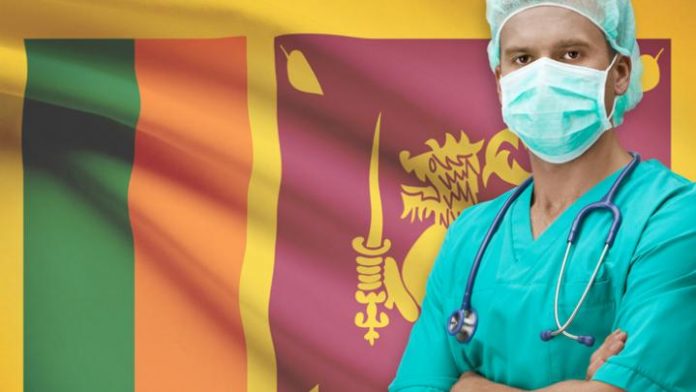A state-led campaign to expand medical tourism could attract further investment to Sri Lanka’s health care sector.
According to Oxford Business Group, the rising numbers of tourists from abroad and a state-led campaign to expand medical tourism could attract further investment to Sri Lanka’s health care sector, creating additional opportunities for its hospitality industry in the process.
The country’s bid to become a centre for health and wellness is supported by improved connectivity and infrastructure, as well as its increased popularity as a tourism destination. Foreign arrivals were up 3.4% year-on-year in the first quarter, according to the Sri Lanka Tourism Development Authority.
Local brokerage and research firm NDB Securities said medical tourism could drive new demand for health services, catalysed by the three private hospitals in the country that are accredited by Joint Commission International (JCI).
An advantage for Sri Lanka is that its top-five source countries for tourists – India, China, the UK, Germany and France – represent a significant and potentially lucrative market for healthcare.
The government has identified health tourism as a subsector that could help lift export earnings by building on the existing tourism and health infrastructure.
It set up the Council for the Promotion of Medical Tourism in 2015, bringing together government officials, hospital directors and other sector stakeholders to discuss ways of developing the market.
Medical tourism is in its infancy, but has started out strongly with investments into cosmetic and dental care. Private hospitals have pursued far greater utilisation of ICT, leading to better data-sharing and information transfer – a key service for attracting foreign patients.
In mid-March Lanka Hospitals renewed its agreement with MyDoctor, a web-based advisory service that allows patients to upload their medical records for anonymous consultations with a hospital’s doctors, facilitating ease of access for international patients.
The Export Development Board commissioned an evaluation of the country’s medical tourism services at the end of 2016 by the US-based Medical Travel Quality Alliance. MTQUA is assessing the quality of hospitals, clinics, traditional health facilities, hotels and spas- and awarding international certification to those that comply with recognised standards and regulations.
MTQUA identified core strengths Sri Lanka can use to develop health tourism, including its established network of hospitals with modern facilities, a large pool of English-speaking medical professionals and its strong tourism base.
But these strengths are being offset by other factors including lack of a clear strategy to support health tourism, non-recognition of local service providers by international insurance firms and low brand awareness worldwide. As the country pushes ahead with efforts to address barriers to medical tourism growth, doors should also be opened for operators in travel and hospitality, where there is potential for tie-ins with health service providers. Hotels, resorts and other serviced accommodation could adapt their offerings to the needs of recuperating patients, such as special dietary foods, ease-of-mobility improvements, and access to medical and rehabilitation personnel.
Oxford Business Group concludes that while targeting the health and wellness segment would require some investment up-front, gaining a foothold in this market could bring strong advantages, including longer average stays, larger bookings for accompanying families and a higher share of clientele from the upper end of the tourism market.






 ©2024 All rights reserved LaingBuisson
©2024 All rights reserved LaingBuisson 


